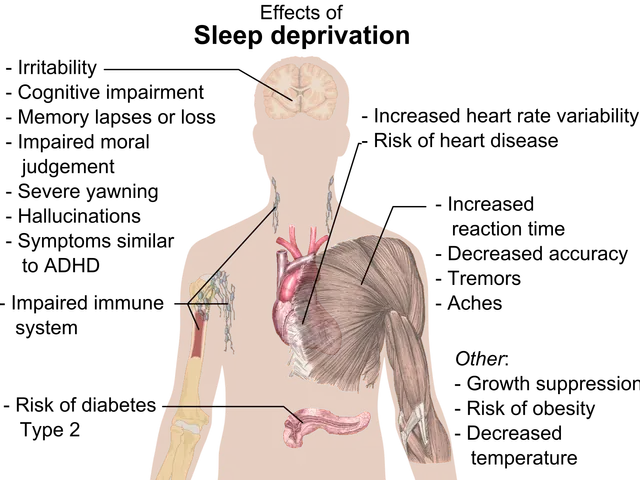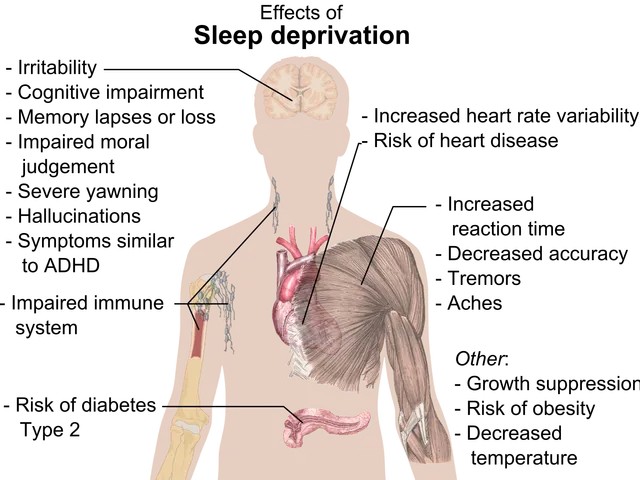Melatonin Safety Concerns: Many Products Unsafe, Warns Öko-Test
Melatonin, a popular sleep aid, is consumed by a quarter of US adults and is available as a dietary supplement in Germany. However, recent findings raise concerns about its safety and effectiveness.
A study by Öko-Test found that many melatonin products exceed the limit for medicinal products and do not clearly warn risk groups, such as children and those with health conditions. Only three out of 19 tested sprays were rated 'satisfactory', with limited benefits but potential significant risks.
Melatonin, a hormone that regulates sleep-wake cycles, is naturally produced by the body. While it can help with jet lag and certain sleep disorders, its long-term use and safety are unclear. Sleep specialist Alfred Wiater warns that taking melatonin without medical consultation is akin to taking thyroid hormones or insulin without proper guidance.
Melatonin-containing gummy bears are even available for children in Germany, despite potential side effects such as dizziness, digestive problems, and hormonal influences. Adults may experience headaches, low blood pressure, nightmares, and impaired driving ability.
With melatonin's unclear long-term effects and potential risks, Öko-Test advises caution. Consumers should consult a doctor before use, especially for children. Only three products were found to be satisfactory, highlighting the need for better regulation and clearer labeling of melatonin sleep aids.







